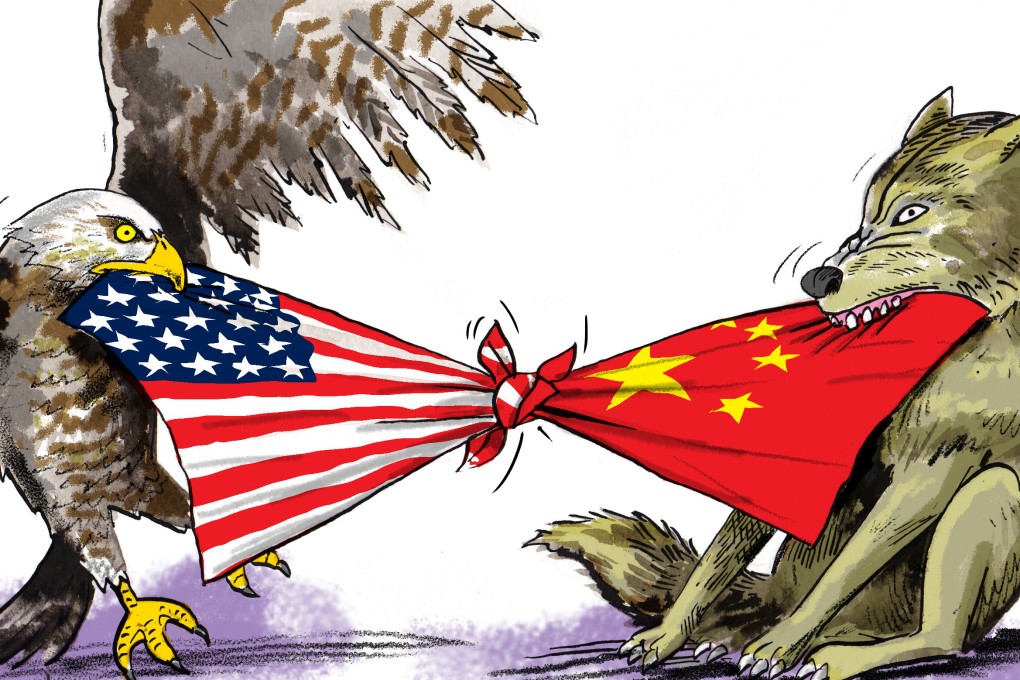Advertisement
Opinion | Why the new US and China ambassadors are only likely to make tensions worse
- Promoting effective engagement is more important than ever as face-to-face meetings between presidents Joe Biden and Xi Jinping look increasingly unlikely
- Bellicose rhetoric won’t help promote smoother US-China engagement, which is what ambassadors should be focused on
Reading Time:4 minutes
Why you can trust SCMP
8

US President Joe Biden and his Chinese counterpart Xi Jinping spoke by phone last week for the second time in Biden’s presidency. While a Biden administration official described the 90-minute call as “familiar” and “candid”, it ended without any agreements for Biden and Xi to meet face to face.
The Biden administration subsequently criticised Chinese officials for prioritising “propaganda” over “serious diplomatic engagement”, an indictment on China’s aggressive diplomatic tone on display during the few high-level meetings between Biden officials and their Chinese counterparts.
Such times as these – with US-China tensions mounting and travel limited by the pandemic – would traditionally be opportune for each leader to lean on their respective ambassadors. Yet, the US post is still vacant since Terry Branstad resigned last autumn.
Advertisement
Biden has announced the nomination of career diplomat R. Nicholas Burns to fill this vacancy, but with no timeline for his confirmation it could be months before he assumes his new role. By contrast, China promptly filled the vacancy created by the retirement of long-time ambassador Cui Tiankai with former Foreign Ministry spokesman Qin Gang.
The appointment prompted speculation over whether Qin would evoke the bellicose “Wolf Warrior” ethos of many Chinese diplomats in recent years. Named after a series of nationalistic Chinese films, “wolf warrior” diplomats have made headlines by loudly defending China against foreign criticism, especially amid the Covid-19 pandemic.
Qin’s tenure as Foreign Ministry spokesman predated the “wolf warrior diplomacy” label. Even so, his rhetoric during this period would be considered an example of this diplomatic tone, which remains as popular in China as it is derided in the West.
Advertisement
Select Voice
Select Speed
1.00x

